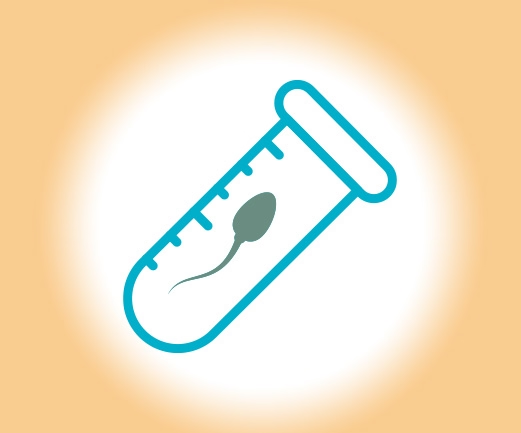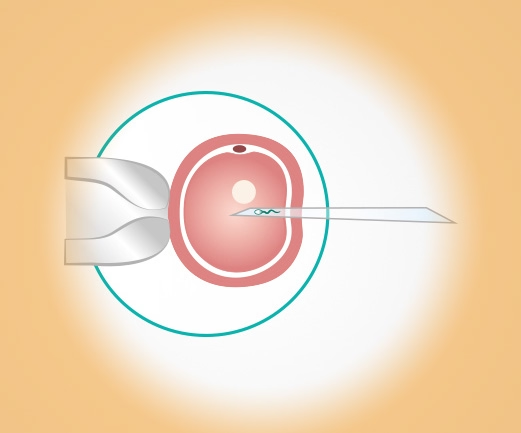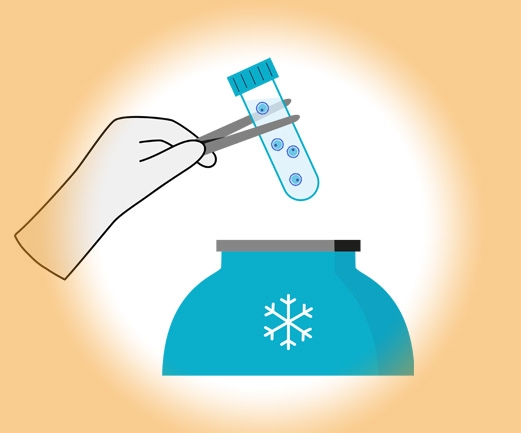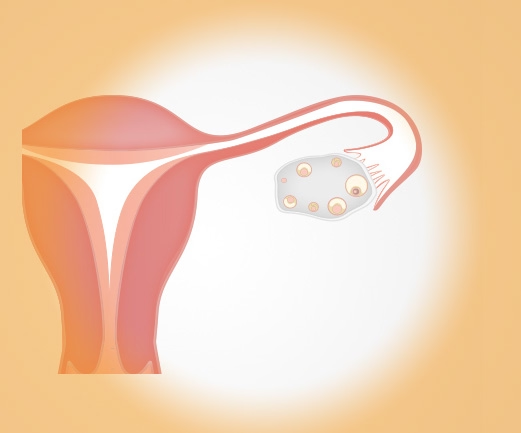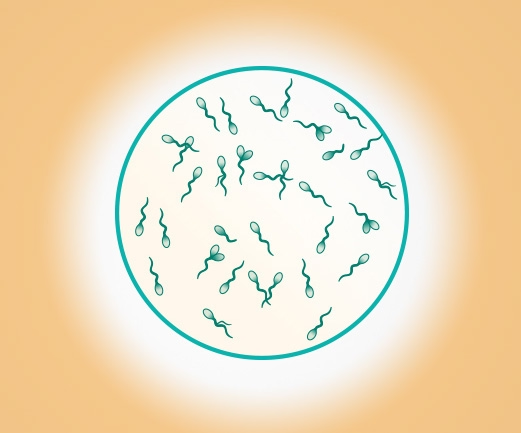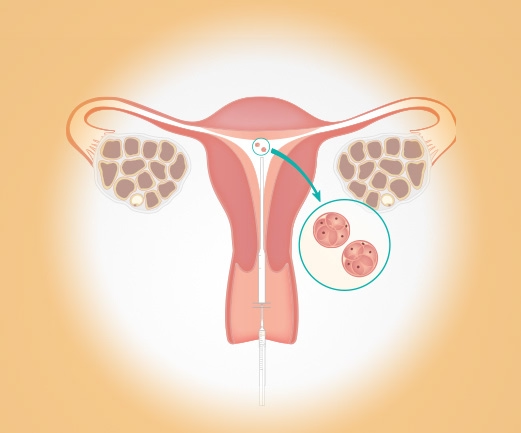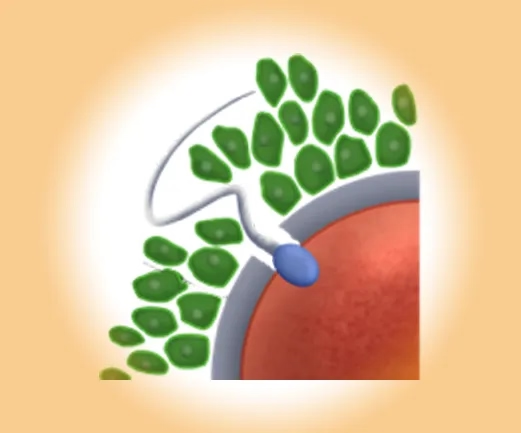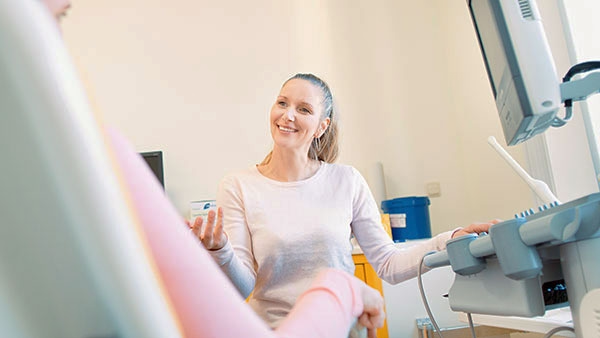IVF Treatment – Process, Chances, Costs, and Risks
Modern IVF procedures at Kinderwunschzentrum Center Dresden – clearly explained, personally guided.
Struggling to conceive naturally can be emotionally and physically challenging. Around 1 in 7 couples in Germany face infertility at some point. If conception doesn’t happen naturally, reproductive medicine now offers effective ways to make parenthood possible. One of the most widely used options is IVF – In vitro fertilization.
What is IVF?
In vitro fertilization means that fertilization happens outside the body, in the lab. Mature eggs are retrieved from the ovaries and combined with sperm. The resulting embryos are then transferred to the uterus to initiate pregnancy.
IVF is especially recommended when the fallopian tubes are blocked, endometriosis is present, sperm quality is reduced, or other treatments have not succeeded. IVF is also a common next step for unexplained infertility.
At Kinderwunschzentrum Dresden, we specialize in personalized IVF treatments – including natural-cycle IVF for those who wish to avoid strong hormonal stimulation.
Read on to learn about the full IVF process, success rates, risks, and costs – and how we support you every step of the way.
IVF Process – Step by Step
Each IVF journey is unique. At our center, every step is tailored to your medical situation and emotional needs.
1. Ovarian Stimulation
For In Vitro Fertilization, it is necessary to achieve maturation of multiple follicles through controlled stimulation. By stimulation we increase the chances of obtaining several oocytes, fertilizing them successfully, and thus transferring one or two embryos.
- Stimulation with genetically engineered FSH or HMG preparation has proven to be effective. Stimulation begins on the second or third day of the cycle with daily self-administered injections of these hormones. To prevent premature ovulation, FSH or HMG stimulation is combined with a GnRH analogue or a GnRH antagonist. The start of GnRH analogue administration is either already in the second half of the pre-cycle (long protocol) or it starts with the stimulation (short protocol) or, in the case of the GnRH antagonist protocol, during FSH or HMG stimulation.
Natural-Cycle IVF (Alternative Option)
For women who prefer not to use hormone medications, natural IVF uses the single egg developed naturally in the cycle. While less invasive, the success rate is significantly lower due to fewer embryos. Nevertheless, this procedure can be a good alternative under certain circumstances.
2. Monitoring Egg Growth
We perform regular ultrasound scans and hormone checks, where appropriate, to track follicle development. Once mature, the egg release (ovulation) is triggered.
3. Triggering Ovulation
When follicles reach the right size (~18–20 mm), ovulation is induced using an hCG injection. Timing is crucial to ensure eggs are retrieved before natural ovulation occurs.
4. Egg Retrieval
34–36 hours later, the eggs are collected using a thin needle under mild sedation. The outpatient procedure is short and followed by a brief recovery time in one of our comfortable patient rooms.
5. Sperm Collection
On the same day, a semen sample is collected from the partner (after 2 days of abstinence). The sperm is then prepared in the lab for fertilization.
6. Fertilization in the Lab
The eggs and sperm are combined in the lab. In conventional IVF, fertilization occurs naturally. If sperm quality is low, we may use ICSI, where a single sperm is directly injected into the egg.
Time-Lapse Embryo Monitoring (Optional)
With advanced incubators, we can monitor embryo development in real time without removing them from the incubator. This improves embryo selection and may boost success, especially after previous failed attempts.
7. Embryo Transfer
3–5 days after fertilization, one (sometimes two) embryos are placed into the uterus using a fine catheter (plastic tube). The procedure is painless and requires no anesthesia.
Then begins the two-week wait until a pregnancy test can confirm implantation.
Success Rates of IVF
How successful is IVF? That depends on age, diagnosis, egg and sperm quality, and more. But average rates provide a useful reference.
IVF Success Rates by Female Age Group (Germany, 2022)
- Under 30: 40–45% per embryo transfer
- 30–34: 35–40%
- 35–39: ~30%
- 40+: under 20%
Other factors influencing success:
- Hormone levels (AMH)
- Conditions like PCOS or endometriosis
- Sperm count and motility
- Weight, lifestyle, smoking, alcohol, and stress
Natural-Cycle IVF: Lower Success, Higher Comfort
This method offers treatment without hormonal stimulation, but only retrieves one egg per cycle. Pregnancy rates are lower (approx. 10% per cycle) but the process may be less physically demanding.
Long-Term Perspective
Many patients need multiple cycles. Studies show that cumulative success rates increase significantly after 2–4 IVF rounds. Personalized care and supportive counseling are crucial throughout.
Risks of IVF
While IVF is generally safe, some risks exist. We take every precaution to minimize them.
Ovarian Hyperstimulation Syndrome (OHSS)
OHSS is a rare but possible reaction to hormonal stimulation. Symptoms include:
- Abdominal pain or bloating
- Nausea
- Fluid buildup in the abdomen
High-risk patients (e.g. with PCOS) receive milder protocols or opt for natural-cycle IVF. Close monitoring and modern medications reduce OHSS risk.
Multiple Pregnancy
Transferring more than one embryo increases the chance of twins or triplets, which can involve complications. We usually recommend Single Embryo Transfer to reduce this risk.
Emotional Stress
IVF is emotionally intense. Hormones, waiting periods, and setbacks can cause frustration or anxiety. We offer psychological support and maintain open, compassionate communication.
Ethical Considerations
If embryos are frozen (cryopreservation), decisions about long-term storage must be made. We guide you through this process with care and transparency.
IVF Costs in Germany
A typical IVF cycle in Germany costs between €3,000–€4,500, depending on the protocol and medication needs.
What Insurance Covers:
German Public Insurance (GKV) covers up to 50% of IVF costs for 3 cycles, if:
- The couple is married
- The woman is under 40, the man under 50
- Medical indication is confirmed
Private Insurance often reimburses 100%, depending on your plan. Always confirm coverage in writing before starting.
Natural-cycle IVF Costs
Natural-cycle IVF is less expensive (~€1,500–€2,000), since hormone medications are not needed. But success rates are significantly lower.
Regional Funding in Saxony and Brandenburg
State subsidies may be available for couples living in these regions. The conditions depend on marital status and income. Learn more on our treatment costs & funding page.
Frequently Asked Questions (FAQ)
Who qualifies for IVF?
- In vitro fertilization (IVF) may be recommended when a natural pregnancy is not possible or very unlikely. Common reasons include blocked fallopian tubes, reduced sperm quality, or endometriosis. IVF can also be considered in cases of unexplained infertility. For health insurance to cover the costs, a medical indication is required. Before starting treatment, both partners must undergo a thorough medical assessment.
IVF vs. ICSI – What’s the difference?
- IVF: Egg and sperm are combined in the lab; fertilization happens naturally.
- ICSI: A single sperm is injected directly into the egg. Used for male infertility.
Learn more on our ICSI treatment page.
IVF Success Rate – How high is it?
- Age under 30: up to 45%
- 35–39: 30 - 40%
- Over 40: below 20%
Success increases with multiple attempts. Details are in the section "Success Rates."
Is hormone-free IVF possible?
Yes. Natural-cycle IVF skips stimulation. This results in lower cost, but also in lower success rates.
How many IVF attempts are allowed?
There’s no legal limit in Germany. Public insurance covers 50% of costs for up to 3 tries (if requirements are fulfilled). Further treatments are self-funded unless private insurance applies.
Ready for Your First Step?
Curious whether IVF is right for you? At Kinderwunschzentrum Dresden, we take time to understand your personal situation. Together, we find the most suitable treatment path.
We combine modern fertility medicine with warmth, transparency, and medical excellence.
👉 Book your first consultation easily online – via Doctolib.
Dresden Fertility Center
in the Wöhrl Plaza
Prager Str. 8a
01069 Dresden
Phone +49 351 501 400-0
Fax +49 351 501 400-28
Email:
Instagram Arrange your first appointment NEW: Video consultation! Downloads Impressions
Cryobank in the Kinderwunschzentrum Dresden
Prager Str. 8a
01069 Dresden
Tel. 0351 50140019
E-Mail:
| Office hours | |
|---|---|
| Mon., Wed., Thu. | 08.00 – 19.00 Hrs |
| Tue. | 08.00 – 13.00 Hrs and 14.30 – 19.00 Hrs |
| Fri. | 08.00 – 14.00 Hrs |
Availability by telephone |
|
| Mon., Wed. | 08.00 – 13.00 Hrs and 14.30 – 18.00 Hrs |
| Tue., Thu., Fri. | 08.00 – 13.00 Hrs |
Blood sampling |
|
| Mon. - Thu. | 08.00 – 17.30 Hrs |
| Fri. | 08.00 – 13.30 Hrs |
On Tuesdays the clinic is closed from 13.00 to 14.30 Hrs! |
|
Service at the Fertility Center Dresden

To the planned child





